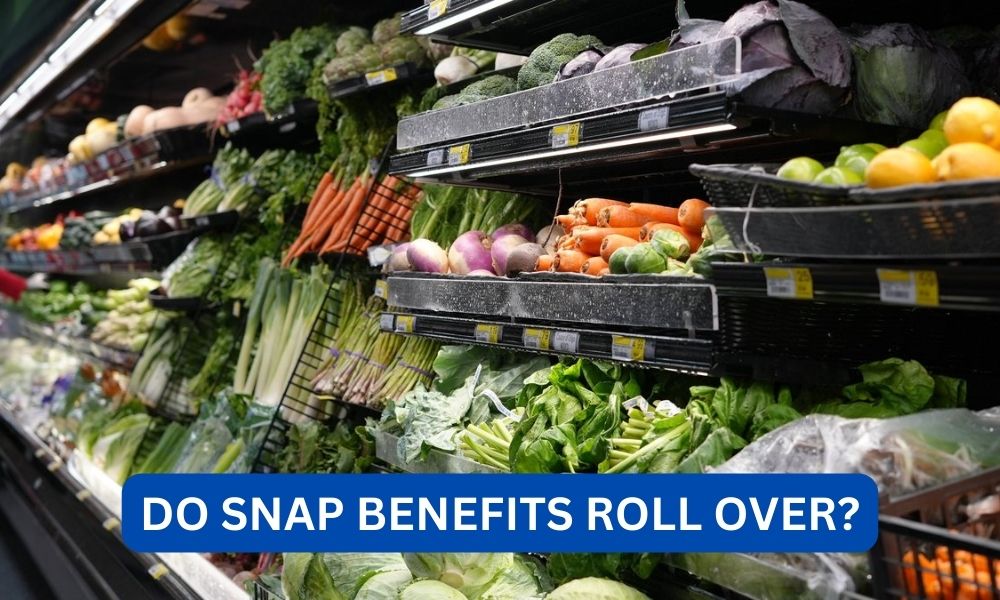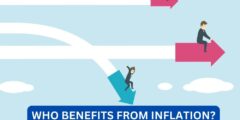The Supplemental Nutrition Assistance Program (SNAP), formerly known as the Food Stamp Program, is a federal program that provides food assistance to low-income individuals and families in the United States. Administered by the U.S. Department of Agriculture (USDA), SNAP aims to alleviate hunger and improve nutrition among vulnerable populations. In fiscal year 2020, SNAP served an average of 35.7 million people per month, with an average monthly benefit of $121.32 per person.
One common question that arises among SNAP recipients is whether their benefits roll over from month to month. In this article, we will explore the answer to this question and provide a comprehensive understanding of how SNAP benefits work.
Contents
Do SNAP Benefits Roll Over?
The short answer is no, SNAP benefits do not roll over from month to month. Any benefits that are not used within the month they are issued will expire and cannot be carried over to the next month. This is known as the “use it or lose it” rule.
For example, if a household receives $200 in SNAP benefits for the month of June and only spends $150, the remaining $50 will not roll over to July. Instead, it will expire and be deducted from the household’s balance. This means that the household will only receive $150 in benefits for July, unless their eligibility or benefit amount changes.
Read:what is a benefit corporationIt is important to note that SNAP benefits do not expire at the end of the month they are issued. Recipients have one year from the date of issuance to use their benefits before they expire. For example, if a household receives benefits on June 5th, 2021, they will have until June 4th, 2022 to use those benefits before they expire.
Why Don’t SNAP Benefits Roll Over?
The “use it or lose it” rule for SNAP benefits is in place for several reasons. First, it ensures that recipients are using their benefits for their intended purpose – to purchase food. Allowing benefits to roll over could potentially lead to recipients using their benefits for non-food items, which goes against the purpose of the program.
Second, the “use it or lose it” rule helps to prevent fraud and abuse of the program. If benefits were allowed to roll over, recipients could potentially stockpile their benefits and use them all at once for non-food items or sell them for cash. This would not only go against the purpose of the program but also create a burden on retailers and the USDA in monitoring and preventing fraud.
Read:Who is eligible for military survivor benefits?Lastly, the “use it or lose it” rule helps to ensure that SNAP benefits are being used in a timely manner. By requiring recipients to use their benefits within a certain timeframe, it encourages them to plan their purchases and make the most of their benefits. This also helps to prevent benefits from going unused and being wasted.
Exceptions to the Rule
While SNAP benefits do not typically roll over, there are some exceptions to the “use it or lose it” rule. These exceptions are in place to accommodate for unforeseen circumstances that may prevent a household from using their benefits within the designated timeframe.
One exception is for households that experience a disaster or emergency, such as a natural disaster or power outage. In these cases, the USDA may extend the expiration date for benefits to allow recipients more time to use them. This exception is also applicable for households that experience a temporary loss of income or a change in household size.
Another exception is for households that have a remaining balance of less than $10 at the end of the month. In this case, the remaining balance will roll over to the next month and be added to the household’s new benefit amount. This exception is in place to prevent small amounts of benefits from going to waste.
Read:Which effect is a health benefit of fiber?What Happens to Unused SNAP Benefits?
As mentioned earlier, any unused SNAP benefits will expire and be deducted from the household’s balance. However, this does not mean that the unused benefits are lost forever. The USDA has a process in place for households to request a replacement of their expired benefits.
If a household has unused benefits that have expired, they can contact their local SNAP office to request a replacement. The household will need to provide documentation of the unused benefits, such as receipts or a statement from their EBT account. The USDA will then review the request and determine if a replacement is warranted.
It is important to note that the replacement process is not a guarantee and is subject to the discretion of the USDA. Additionally, households can only request a replacement for benefits that have expired within the last 12 months.
Maximizing SNAP Benefits
While SNAP benefits do not roll over, there are ways for households to make the most of their benefits and ensure they are not going to waste. Here are some tips for maximizing SNAP benefits:
- Plan meals and make a grocery list before shopping to avoid impulse purchases.
- Shop at farmers’ markets and take advantage of double-up programs, where SNAP benefits are matched for the purchase of fruits and vegetables.
- Buy in bulk and freeze or store items for later use.
- Use coupons and take advantage of sales to stretch your benefits further.
- Learn how to cook and prepare meals from scratch to save money on pre-packaged and processed foods.
The Impact of SNAP Benefits
SNAP benefits play a crucial role in addressing food insecurity and improving nutrition among low-income individuals and families. According to a study by the USDA, SNAP benefits have a significant impact on reducing poverty and food insecurity. In 2019, SNAP lifted 3.1 million people out of poverty, including 1.5 million children.
Furthermore, SNAP benefits have a positive impact on the economy. For every $1 spent on SNAP benefits, it generates $1.50 to $1.80 in economic activity. This is because SNAP benefits are spent on food, which supports the agriculture and food industries, and also frees up household income for other expenses, such as rent and utilities.
Conclusion:
While SNAP benefits do not roll over from month to month, they play a crucial role in addressing food insecurity and improving the lives of millions of Americans. Understanding how SNAP benefits work and how to make the most of them can help recipients stretch their benefits further and ensure they are not going to waste. The “use it or lose it” rule may seem strict, but it is in place to ensure that SNAP benefits are being used for their intended purpose and to prevent fraud and abuse of the program. By working together, we can continue to support and improve the lives of those in need through the SNAP program.









